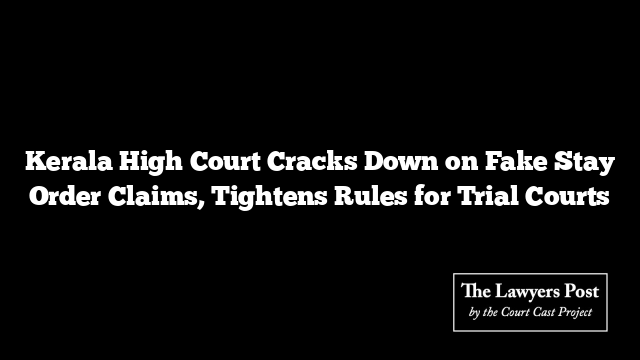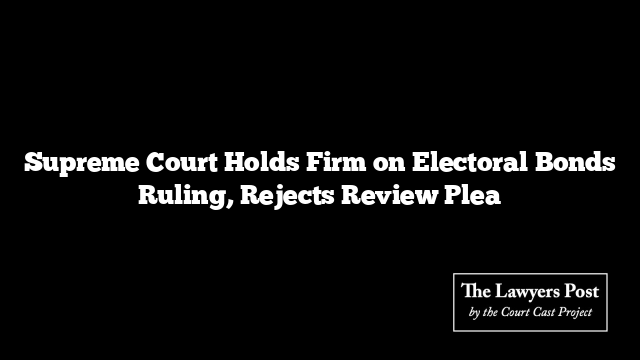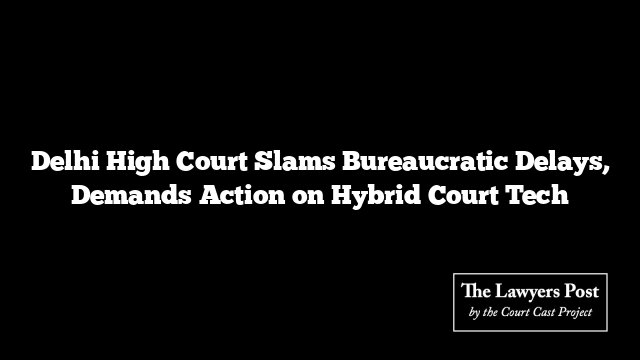The Kerala High Court has laid down stringent measures to curb the rampant misuse of unverified stay order claims, a practice that has allowed cases to drag on for years without justification. The Court, led by Justice PV Kunhikrishnan, stressed the responsibility of trial courts and tribunals to verify claims of stay orders rather than relying solely on oral submissions from lawyers or litigants.
In a recent case involving a petition to quash charges in a cheating case, the Court discovered that trial courts had adjourned proceedings for seven years under the false impression that the High Court had stayed the trial. No such order had been issued. Justice Kunhikrishnan criticized the lower courts for their failure to leverage available technology to confirm the status of cases online, which is easily accessible through the High Court’s website.
He expressed concern over the inefficiency of the judicial process, which is exacerbated by the lack of due diligence in verifying these claims. To address the issue, the High Court has issued a series of guidelines designed to prevent further abuse of the system.
Among the key directives, the Court emphasized that no adjournment should be granted based solely on oral claims of a stay. Lawyers and litigants must now present a copy of the stay order or submit an affidavit confirming that the order exists. Furthermore, the case status must be verified using the High Court’s case search tools, ensuring that only valid orders are considered in adjournment requests.
In instances where a stay order is extended, the party must submit both an affidavit and the extended order within a reasonable time. If the stay is in place until further orders, the involved parties must file an affidavit every three months to confirm the continuation of the stay.
The Court also directed newly appointed presiding officers to be vigilant in reviewing older cases, ensuring that any claims of stay orders are properly documented before granting further adjournments. The district judiciary has been instructed to ensure that all court proceedings are accurately recorded in the Case Information System (CIS) or Case Management System (CMS), with strict oversight from the Registrar of the District Judiciary.
This decision reflects the Kerala High Court’s determination to prevent unnecessary delays in the legal process, holding all parties accountable for providing proper documentation and preventing the exploitation of judicial leniency.





